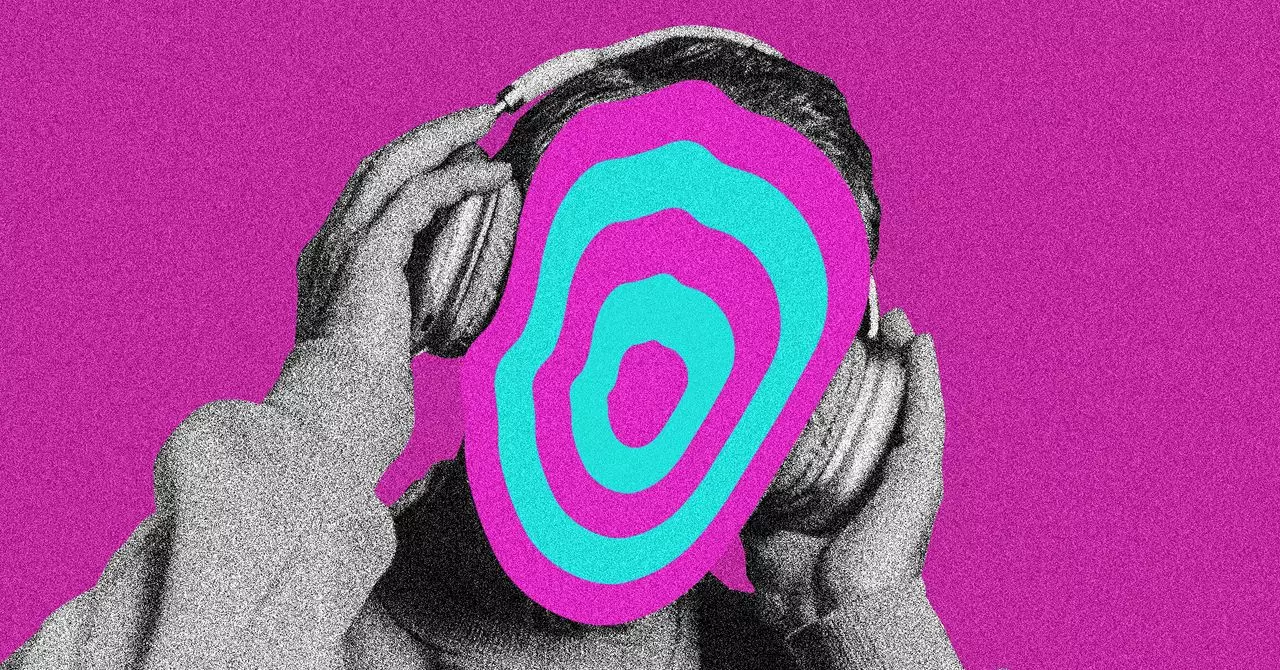The advent of artificial intelligence has dramatically reshaped many facets of our digital lives, and the music industry is no exception. The proliferation of AI-generated tracks is creating a seismic shift in how music is produced, distributed, and consumed. While some celebrate the innovative potential of AI, many remain skeptical, worried about authenticity, legal implications, and the future of artistic expression. The recent rise of AI-crafted songs—ranging from humorous novelty tunes to eerily convincing imitations of popular genres—demands a critical look at what this means for the future of music and cultural integrity. The unregulated flood of AI content on platforms like Spotify and Deezer underscores a disconnect between technological capabilities and platform policies, raising urgent questions about control, transparency, and artistic value.
The Rise of Novelty and Controversy
A striking aspect of AI-generated music is its ability to produce content that largely falls into niche or novelty categories—like the bizarre “Make Love to My Shitter,” or satirical song titles like “Grant Me Rectal Delight.” These tracks often attract minimal, yet consistent, listeners and revenue, illustrating that AI creators are capitalizing on specificity and shock value to carve out small but lucrative niches. While some artists use AI as a creative tool, others exploit it for quick profits with little regard for quality or authenticity. The situation presents a paradox: AI can both democratize music creation and flood the market with superficial, meme-like content that lacks genuine artistic substance. This dynamic particularly threatens to dilute what it means to be a musician or a credible artist, calling into question whether AI can genuinely contribute to cultural enrichment or simply serve as an exploitation mechanism.
Challenges in Regulation and Platform Accountability
Current streaming platforms are struggling to keep pace with the influx of AI-generated content. Spotting and filtering AI tracks remains an ongoing challenge, with some platforms like Deezer reporting significant percentages of AI content being flagged—yet many remain accessible to users. The absence of a robust system for labeling or filtering AI music permits these tracks to slip into recommendation algorithms, exposing unsuspecting listeners to indistinguishably AI-produced songs. Moreover, the lack of transparency around AI content—especially on major platforms like Spotify—creates a significant blind spot. Consumer trust is at stake; a platform that allows AI content to proliferate without clear disclosure risks undermining its credibility and alienating discerning listeners who value authenticity. The absence of firm policies against uploading AI-generated music also raises substantial legal and ethical issues, especially around intellectual property rights and artist compensation.
The Ethical Quandary of AI and Artistic Authenticity
AI’s encroachment into music is not just a technical challenge but an ethical dilemma. Are AI-generated tracks truly art? Do they diminish the value of human creativity, or do they merely expand artistic boundaries? The debate revolves around the core question of authenticity. While AI can mimic genres and styles convincingly, it lacks consciousness and emotional depth—key ingredients that have traditionally defined music’s cultural significance. The risk is that AI might inundate the market with superficial imitations that manipulate popular trends without offering anything meaningful beyond novelty. Additionally, the proliferation of AI-generated music threatens to erode the livelihoods of human artists, especially those struggling to gain visibility in a saturated, algorithm-driven environment. While some advocate for AI as a collaborative tool, the uncontrolled and largely unregulated deployment of AI in music risks turning the industry into a landscape where value is measured purely in engagement metrics rather than artistic merit.
Future Outlook: Navigating Innovation and Responsibility
The future of AI-generated music hinges on how creators, platforms, and regulators choose to navigate this technological revolution. On one hand, AI offers exciting possibilities for expanding creative horizons, democratizing music production, and fostering new genres. On the other, unchecked proliferation and lack of transparency threaten to undermine the integrity of music as an art form. It is crucial for stakeholders to establish clear guidelines—such as mandatory labeling of AI content, ethical standards for AI training datasets, and robust filtering systems—if AI’s potential is to be harnessed responsibly. Without these measures, the risk of a ‘race to the bottom’ in terms of content quality and authenticity looms large, potentially transforming music into an onslaught of indistinguishable, AI-produced noise rather than a vibrant tapestry of human expression.
The challenge lies in balancing innovation with integrity; embracing AI’s capabilities without sacrificing the core values that have made music a powerful cultural force. Ultimately, how society chooses to regulate, recognize, and integrate AI in music will determine whether this technology enriches our sonic landscape or dilutes it beyond recognition.


Leave a Reply